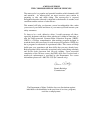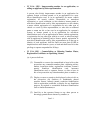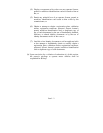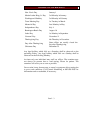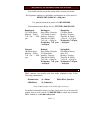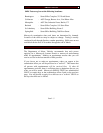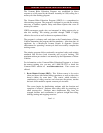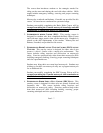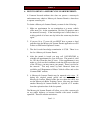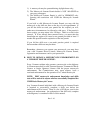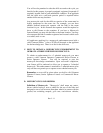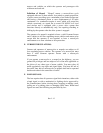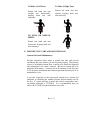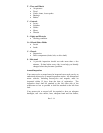
Part I - 7
The course then introduces students to the strategies needed for
riding on the street and sharing the road with other vehicles. Skills
taught include emergency braking, swerving and proper cornering
techniques.
Motorcycles, textbooks and helmets, if needed, are provided for this
course. All exercises are conducted on a protected range.
Students successfully completing the Basic Rider Course will be
exempt from taking the Vermont motorcycle knowledge and skill
examinations to obtain their motorcycle endorsement.
2. I
NTERMEDIATE RIDER COURSE (IRC): This one-day course is
designed for students who have completed the Basic Rider Course
and wish more range practice time on the motorcycle. Emphasis is
placed on the skill requirements of the student. Motorcycles and
helmets, if needed, are provided for this course.
3. E
XPERIENCED RIDER LICENSE WAIVER COURSE (ERC-LICENSE
WAIVER): This one-day course is designed for riders who do not
possess a driver’s license with a motorcycle endorsement. The
course includes riding exercises and discussions on motorcycle
safety. Exercises practiced help riders hone their motorcycle skills
including emergency braking, swerving, proper cornering techniques
and slow speed maneuvers.
Students may bring their own street legal motorcycle. Students not
wishing to use their own motorcycle may use a program motorcycle
for an additional fee.
Students successfully completing the ERC License Waiver will be
exempt from taking the Vermont motorcycle skill examination to
obtain their motorcycle endorsement.
4. E
XPERIENCED RIDER SKILLS PLUS COURSE (ERC-PLUS): This
one-day course is designed for riders who are already licensed and
frequently ride. This course includes riding exercises and
discussions on motorcycle safety. Exercises practiced help riders
hone their motorcycle skills including braking, swerving, proper
cornering techniques and slow speed maneuvers.



